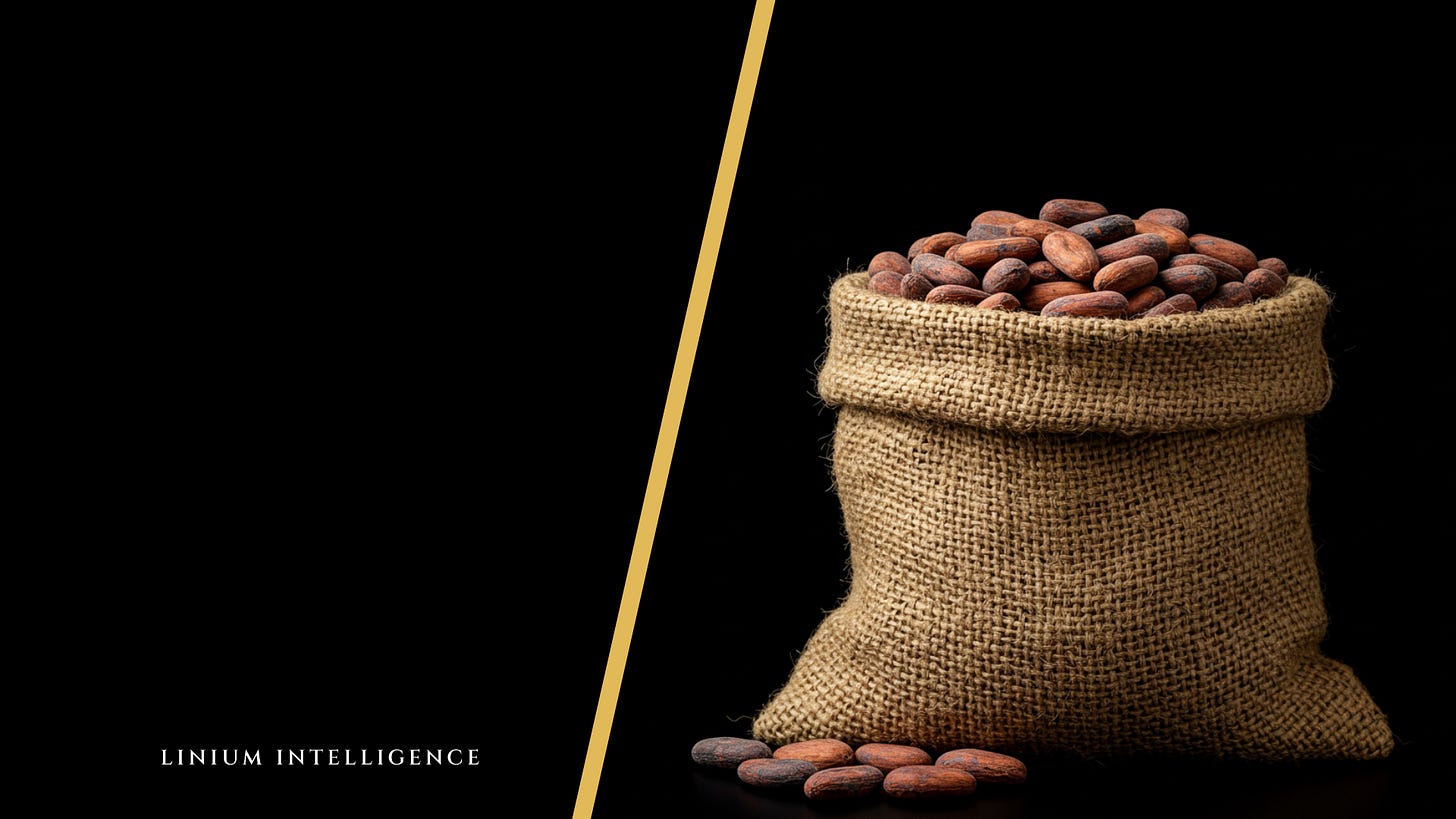Barry Callebaut And Maersk Unveil Asia Pacific’s Largest Cocoa Bean Warehouse In Malaysia
Barry Callebaut Group, the world’s leading manufacturer of high-quality chocolate and cocoa solutions, and A.P. Moller - Maersk (Maersk), a global integrated logistics company, have officially inaugurated their new Built-To-Suit cocoa bean warehouse in Pasir Gudang, Johor.
The facility, developed as part of a decade-long partnership established in 2023, marks a major milestone for Malaysia’s ambitions to become a regional cocoa hub. Standing as the first multi-storey ramp-up warehouse dedicated to cocoa beans in Pasir Gudang, the site spans over 600,000 square feet and has a storage capacity of nearly 40,000 metric tonnes.
Designed for efficiency and sustainability, the warehouse integrates Maersk’s advanced Warehouse Management System, offering real-time inventory visibility, optimized workflows, and enhanced supply chain responsiveness. It is also fitted with energy-efficient solutions such as LED lighting and natural ventilation.
Strategically located near the Port of Tanjung Pelepas—one of Malaysia’s busiest maritime gateways—and just one kilometre from Barry Callebaut’s existing cocoa processing plant in Pasir Gudang, the facility is expected to strengthen both regional and global supply chains. It will serve as a central hub for cocoa beans sourced from Africa, Latin America, and Asia, supporting Barry Callebaut’s manufacturing footprint across Asia.
The launch comes at a time when the global cocoa market is under severe pressure. Supply challenges in West Africa due to disease outbreaks and illegal mining have pushed cocoa prices to record highs, prompting major chocolate manufacturers—including Barry Callebaut—to adjust their strategies.
Shifting Dynamics In The Global Cocoa Industry
The opening of this state-of-the-art warehouse in Malaysia highlights several important trends in the cocoa and chocolate industry:
Malaysia’s Cocoa Hub Ambitions
Malaysia is positioning itself as a cocoa trade and processing hub in Asia. With cocoa bean sourcing disrupted in traditional powerhouses like Ivory Coast and Ghana, Malaysia sees an opportunity to expand its role in global supply chains.
Initiatives like the establishment of cooperatives, community-based farming programs, and government-backed partnerships signal a push to revitalize domestic cocoa farming.
Product launches such as KitKat Dark Borneo, using responsibly sourced Malaysian cocoa, are tangible examples of this strategy.
Barry Callebaut’s Strategic Expansion Amid Cocoa Price Pressures
The warehouse reinforces Barry Callebaut’s supply chain resilience at a time when cocoa market volatility is unprecedented. The company has already revised down its forecasts due to demand softness caused by soaring cocoa prices.
By investing in storage and processing capacity in Asia, Barry Callebaut is both securing supply stability and positioning itself closer to growing consumer markets. This is consistent with its other recent expansion, such as the new chocolate factory in Neemrana, India.
Simultaneously, Barry Callebaut is pushing sustainability initiatives, such as the Net Zero cocoa partnership with Nestlé in Brazil, which strengthens its ESG credentials.
Asia’s Rising Role In Cocoa Supply Chains
The Pasir Gudang warehouse underscores a deeper shift in the industry: Asia — and Malaysia in particular — is becoming a more significant node in the global cocoa supply chain.
For decades, the infrastructure supporting cocoa trade and processing was concentrated in West Africa and Europe. Today, with Asia’s consumer demand expanding rapidly and Malaysia offering both strategic location and established processing capacity, the region is emerging as a pivotal hub for processing, storage, transformation, and distribution.

